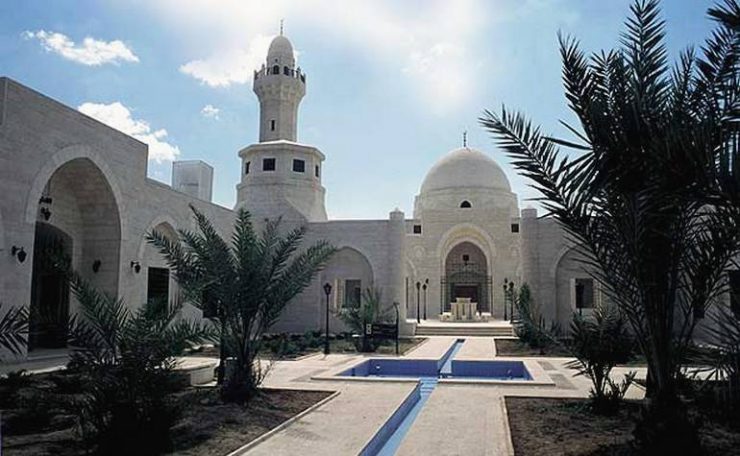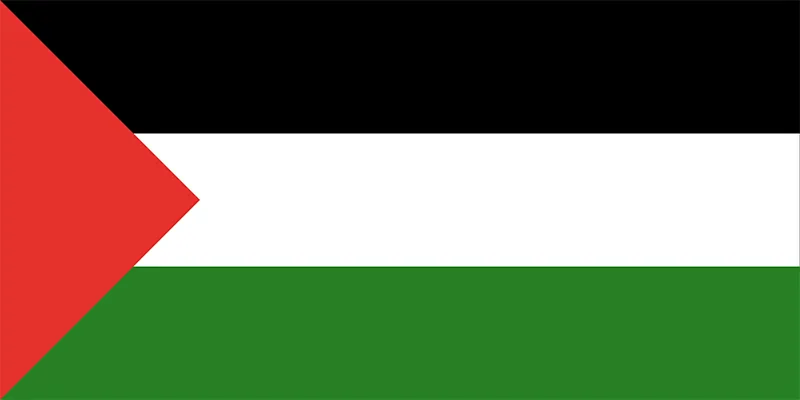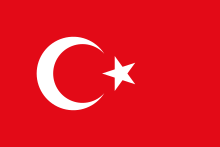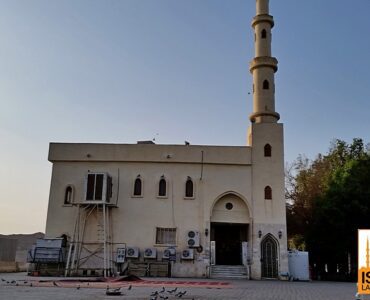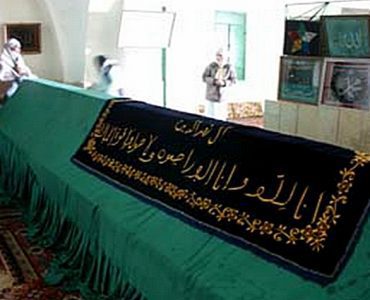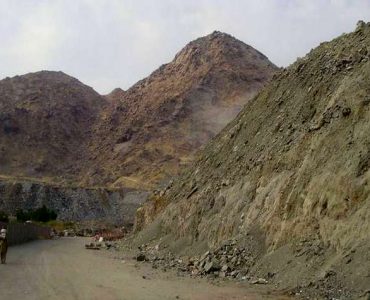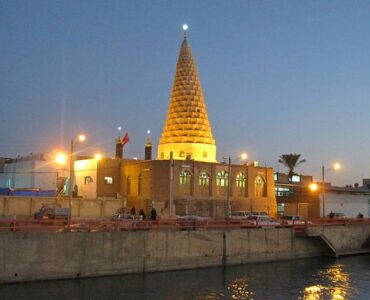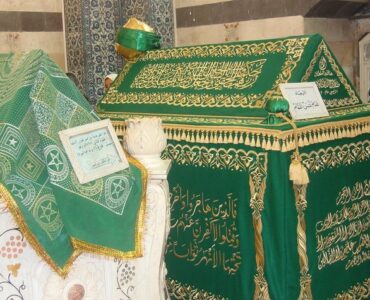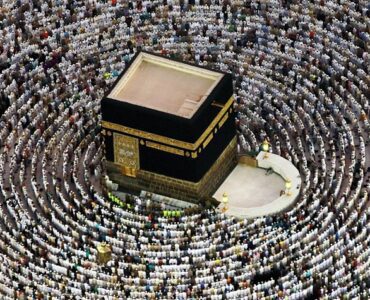This mosque, in the Jordan Valley, houses the tomb of Abu Ubaidah-bin-Jarrah (رضي الله عنه), who was among the Ashura Mubbasharah, the blessed ten companions whom the Prophet (ﷺ) gave glad tidings of their entry into Paradise.
- The Prophet (ﷺ) said, “Every nation has a trustworthy man, and the trustworthy man of this (Muslim) nation is Abu Ubaidah.”
- Abu Ubaidah (رضي الله عنه) has been described as a tall, thin, light bearded man with two broken teeth that was the envy of all the Muslims, as they had been broken in the process of helping the Prophet (ﷺ). During the battle of Uhud, the Prophet (ﷺ) was fiercely attacked by the enemy and two links of the helmet worn by him was struck deep into his head (or face). Abu Ubaidah ran to help him and started pulling out the links with his teeth. By the time one of the links was out he had lost one of his teeth. Without minding this, he again used his teeth to pull out the other link as well. He succeeded in taking out that one too, but he had to loose another tooth in the effort. In this process his blood mixed with the Prophet’s blood.
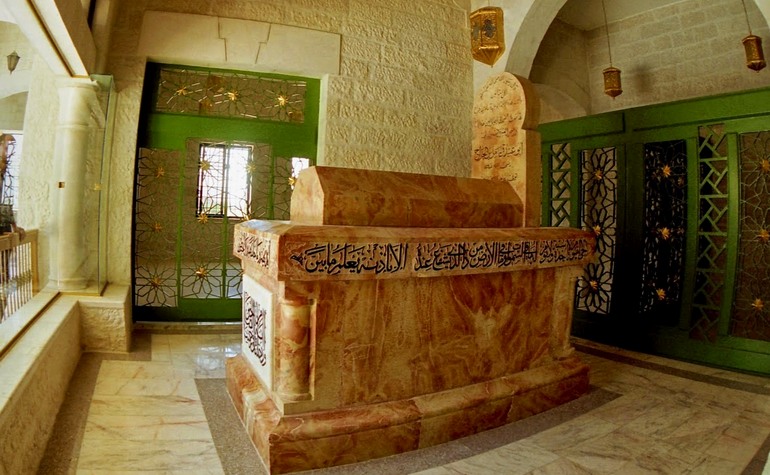

- During the Caliphate of Umar (رضي الله عنه), Abu Ubaidah (رضي الله عنه) replaced Khalid-bin-Waleed as the commander of the Muslims during the Syrian Campaign.
- When Syria was struck with the plague that had claimed the lives of many Sahaabah (رضي الله عنهم), Caliph Umar (رضي الله عنه) wrote the following letter immediately to Abu Ubaidah (رضي الله عنه), “Assalamu alykum, I have a severe need for which I need to speak to you face to face. For this reason I emphasise that the moment you get this letter in your hand, without even placing it down leave immediately to come and see me.” Abu Ubaidah (رضي الله عنه) was a man who lived his life in the obedience of his elders. But the moment he read this letter he smiled and understood exactly what was Umar’s (رضي الله عنه) pressing need to see him. Umar (رضي الله عنه) only wanted him to leave the plague stricken area and come safely home to Madinah. Abu Ubaidah (رضي الله عنه) turned to his companions and said, “I know what the need of our Ameer is. He wishes for someone to survive who is not going to survive.”
- Immediately he wrote the following reply to Umar (رضي الله عنه). “I know exactly the reason for which you are calling me back. At this particular time, I am sitting among such people in the Muslim army whom I am comfortable with. Hence I do not want to desert them and return until such a time Allah Ta’ala decides our fate. I implore you to please excuse me from your command and allow me to stay with the army.” When Umar (رضي الله عنه) read the letter, tears welled up in his eyes. The people around him noticed this and asked, “Ameerul Mu’mineen, has the news of Abu Ubaidah’s demise reached you?” Umar (رضي الله عنه) replied, “No it hasn’t happened as yet but it seems that it will happen soon.” Thereafter Umar (رضي الله عنه) wrote another letter, “Assalamu alykum, The place where you have kept the people is a very low land. Take them to some higher grounds where the air is clear.”
- Abu Musa Ashari (رضي الله عنه) says that when this letter reached Abu Ubaidah , he called me and read out the letter from Ameerul Mumineen. He then asked me to go and look for a suitable place for the Muslim army. He further stated that before going out to look, he first went home to find his wife affected with the plague. He went back quickly and mentioned this to Abu Ubaidah (رضي الله عنه) who had mounted his camel to search for some suitable place when it was discovered Abu Ubaidah (رضي الله عنه) also was afflicted by the plague. Shortly after his condition worsened and he also passed away near Fahl.
- This incident occurred in the year 17 AH when Abu Ubaidah (رضي الله عنه) was 58 years old. Muadh bin Jabal (رضي الله عنه) performed his janaza salah (funeral prayer). The grave of Abu Ubaidah (رضي الله عنه) is in a small room adjacent to the Masjid. As you come out of the Masjid, you will notice a large graveyard on the right hand side. The local people mentioned that in this graveyard, many Sahabah and Shuhadaa, who were martyred in this plague, are buried.
References: Fazail-e-Aamal – Sheikh Zakariyya Kandhalvi, The Holy sites of Jordan – TURAB Publishing, In the Blessed Lands: Jamiatul Ulama KZN
Note that this entry has been shown for information purposes only. On no account should anybody pray to a grave or seek supplication through them as this is tantamount to committing shirk, associating partners with Allah (ﷻ)

